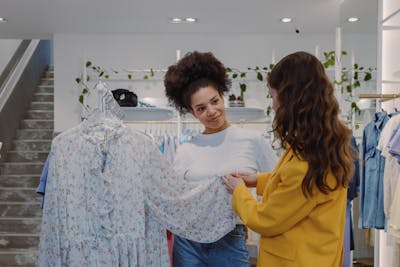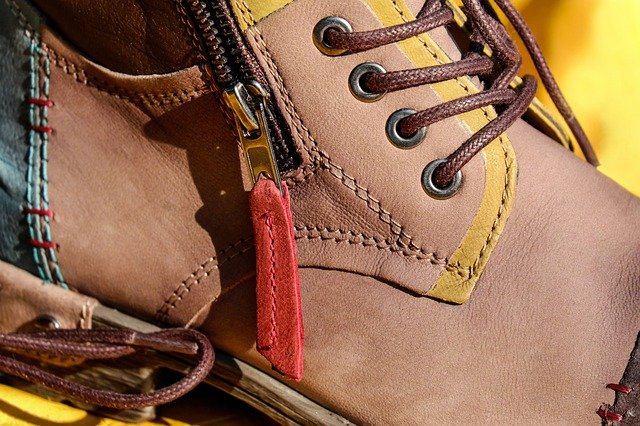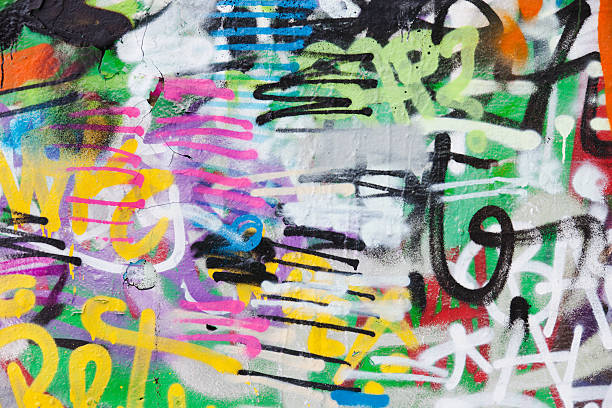Wholesale Hats: A Practical Guide to Sourcing, Selecting, and Selling Headwear
The wholesale hat market offers significant opportunities for retailers, boutique owners, and entrepreneurs looking to expand their product lines. Understanding the dynamics of this industry, from identifying reliable suppliers to selecting the right styles for your target audience, is essential for building a profitable headwear business. This guide walks you through the key considerations when entering the wholesale hat market, including product selection, quality assessment, pricing strategies, and logistics management.

The wholesale hat industry serves a diverse range of buyers, from small boutiques and online retailers to large department stores and promotional product companies. Demand for headwear remains steady across seasons, driven by fashion trends, functional needs, and corporate branding requirements. Understanding market dynamics, buyer preferences, and seasonal fluctuations helps businesses make informed purchasing decisions and maintain competitive inventory levels.
What defines the wholesale hat market and who are the main buyers?
The wholesale hat market encompasses manufacturers, distributors, and importers who supply headwear in bulk quantities to retailers and resellers. Primary buyers include fashion retailers seeking trendy accessories, sporting goods stores stocking performance caps, corporate buyers ordering branded merchandise, and event planners purchasing promotional items. Current demand trends show growing interest in sustainable materials, customizable designs, and versatile styles that transition between casual and formal settings. Online marketplaces have expanded access to international suppliers, increasing competition while offering buyers more variety and competitive pricing structures.
How do different hat styles and materials match customer preferences?
Baseball caps remain the most popular style in wholesale markets, favored for their versatility, ease of customization, and broad appeal across age groups. These caps typically use cotton twill, polyester blends, or performance fabrics with adjustable closures. Beanies serve cold-weather markets and fashion-conscious consumers, commonly made from acrylic, wool, or cotton knit materials. Fedoras appeal to fashion-forward buyers and are constructed from wool felt, straw, or synthetic materials depending on seasonal use. Straw hats dominate summer markets and resort wear categories, while wool options provide warmth and style during colder months. Matching styles to customer demographics requires understanding regional climate patterns, fashion preferences, and intended use cases, whether for daily wear, outdoor activities, or special occasions.
What quality checks and standards should buyers apply when evaluating suppliers?
Quality assessment begins with examining material composition and construction techniques. Inspect stitching for consistency and durability, particularly at stress points like brims and closures. Verify that sizing follows industry standards, typically measured in centimeters or hat sizes ranging from small to extra-large, with adjustable options offering flexibility. Manufacturing considerations include colorfastness testing to prevent fading, shape retention after washing or wearing, and proper finishing of interior seams. Request samples from potential suppliers to conduct hands-on evaluation before committing to large orders. Check for certifications related to material safety, especially when sourcing internationally, and verify that suppliers maintain consistent quality across production runs. Establishing clear quality specifications in purchase agreements protects buyers from receiving substandard merchandise.
What pricing structures and order requirements govern wholesale hat transactions?
Wholesale hat pricing varies significantly based on style complexity, material quality, customization requirements, and order volume. Basic baseball caps typically range from two to eight dollars per unit at wholesale, while premium fedoras or specialty materials may cost fifteen to forty dollars each. Beanies generally fall between three and twelve dollars wholesale, depending on material and construction. Minimum order quantities commonly range from 50 to 500 units per style or color, with lower minimums available from some suppliers at higher per-unit costs. Retailers typically apply markup ratios between 2.0 and 3.5 times wholesale cost, adjusting based on market positioning and operational expenses. Negotiation strategies include requesting volume discounts for larger orders, negotiating payment terms for established relationships, and leveraging competitive quotes from multiple suppliers. Seasonal timing affects pricing, with manufacturers often offering better rates during off-peak production periods.
| Product Type | Typical Wholesale Price Range | Common Minimum Order | Retail Markup Range |
|---|---|---|---|
| Baseball Caps | $2 - $8 per unit | 100 - 500 units | 2.5x - 3.5x |
| Beanies | $3 - $12 per unit | 50 - 300 units | 2.0x - 3.0x |
| Fedoras | $15 - $40 per unit | 25 - 100 units | 2.5x - 4.0x |
| Straw Hats | $5 - $20 per unit | 50 - 200 units | 2.0x - 3.5x |
Prices, rates, or cost estimates mentioned in this article are based on the latest available information but may change over time. Independent research is advised before making financial decisions.
What logistics and compliance factors affect wholesale hat ordering processes?
Ordering processes typically begin with sample approval, followed by formal purchase orders specifying quantities, colors, sizes, and customization details. Lead times vary from two weeks for domestic stock items to eight to twelve weeks for international manufacturing or custom orders. Shipping logistics require consideration of packaging methods to prevent crushing or deformation during transit, with boxes designed to protect hat shapes. International orders involve customs documentation, import duties, and compliance with textile labeling requirements in destination countries. Returns policies vary by supplier but generally allow defective merchandise returns within specified timeframes, while custom or personalized items may be non-returnable. Establish clear terms regarding quality disputes, delivery delays, and order cancellations before finalizing agreements. Maintaining organized records of purchase orders, invoices, and correspondence facilitates smooth transactions and resolution of any issues that arise.
Successfully navigating the wholesale hat market requires balancing product selection with quality standards, pricing strategy, and operational logistics. By understanding market dynamics, evaluating suppliers carefully, and establishing efficient ordering processes, businesses can build profitable headwear offerings that meet customer needs across diverse markets and seasons.




